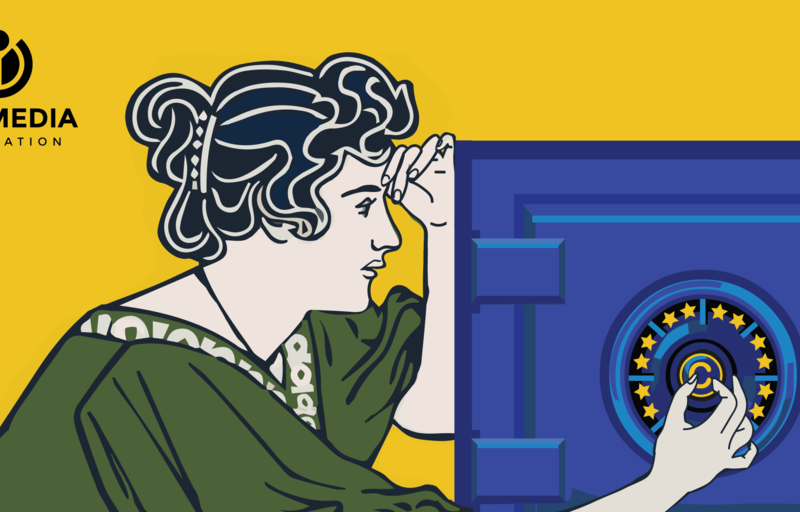
Wikimedia panelists discuss EU copyright reform and its effects
Earlier this year, the European Parliament voted to pass a new copyright directive that will take effect across the European Union (EU) and likely affect all online activities. At Wikimedia’s 18 July summer legal fellow panel, “EU Copyright & You,” technology law scholars and practitioners discussed the directive itself, events leading up to its passing, and….

The European Commission chooses truly free licenses for its content
Last February, the European Commission defined (pdf) two Creative Commons (CC) licenses as the default for most of what it publishes: Creative Commons Attribution 4.0 International Public License (“CC BY 4.0”) for all content. Commons Universal Public Domain Dedication deed (“CC0”) for raw data, metadata or other documents of comparable nature. The European Commission’s….

Four things European legislators can do to not break the internet (again)
The European Union (EU) Commission’s proposal for a Regulation on preventing the dissemination of terrorist content online runs the risk of repeating many of the mistakes written into the copyright directive, envisioning technological solutions to a complex problem that could bring significant damage to user rights. The proposal includes a number of prescriptive rules that….
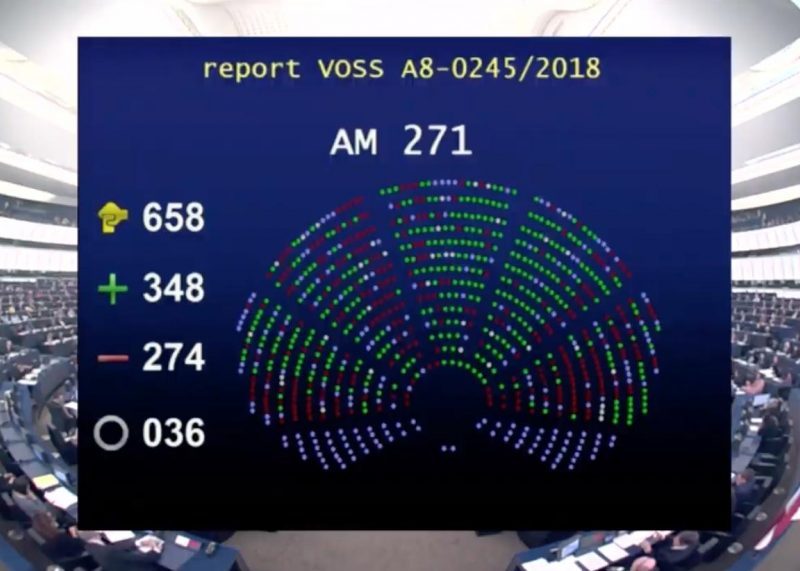
European Parliament limits internet freedom in controversial copyright vote
Today, the European Parliament voted 348–274 to pass a new copyright directive that includes problematic rules that will harm free knowledge. They did so after years of discussions, revisions, and more recently street protests. We believe that this is a disappointing outcome, the impacts of which will certainly be felt for years to come. As….
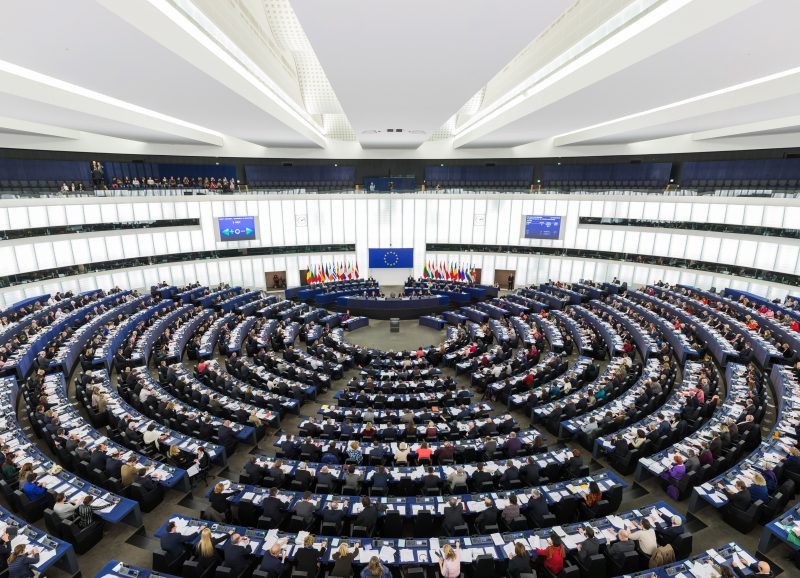
Four Wikipedias to ‘black out’ over EU Copyright Directive
Update, 25 March: The Italian, Galician, Asturian, and Catalan Wikipedias have blacked themselves out today to protest the EU Copyright Directive. Other language versions of Wikipedia have chosen to show site banners above their content. Wikipedia’s volunteer editing communities make decisions like this independently. More on that, and our unaltered original post, is below. •….
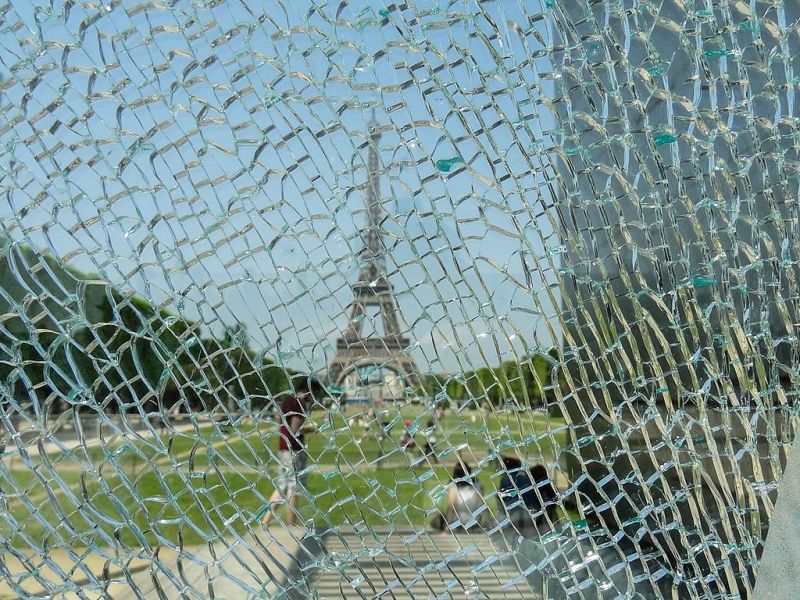
We do not support the EU Copyright Directive in its current form. Here’s why you shouldn’t either.
After a long legislative process, the final text of the EU Copyright Directive was cemented last week as trilogue negotiations between the EU Commision, Parliament, and Council came to a close. Now that the final text has been made available, with only a yes-no vote in Parliament standing in the way of its implementation, Wikimedia….
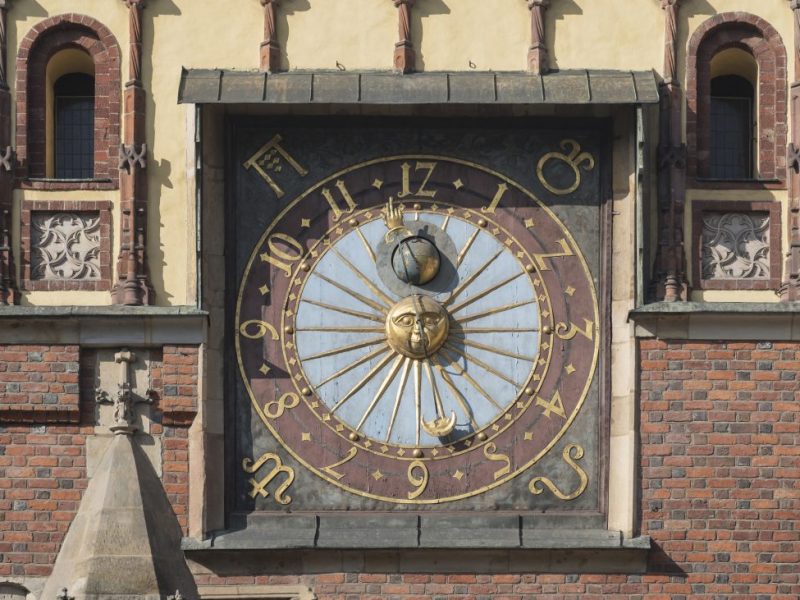
Problems remain with the EU’s copyright reform
It was almost exactly five years ago that a reform of EU copyright was included in the European Commission’s list of priorities. The setting of that priority was followed by several public consultations, countless public events, and many face-to-face meetings. In 2016, the Commission made a proposal for what this reform would look like. Since….
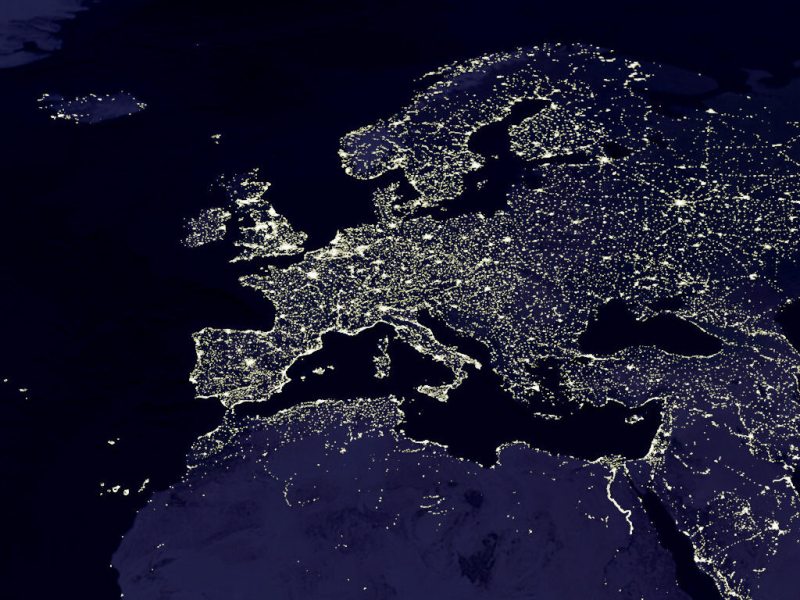
EU copyright vote leaves the future of online participation uncertain
The European Parliament’s September 12 vote on the proposed Copyright Directive was a missed opportunity to improve copyright, after many years of discussion: Two years ago, the European Commission set out to modernize copyright laws across the EU with a flawed proposal with potential to improve. This proposal was referred to several committees in the….

Your internet is under threat. Here’s why you should care about European Copyright Reform.
You can also read this post in Spanish and in French. Back in 2001, the European Parliament came together to pass regulations and set up copyright laws for the internet, a technology that was just finding its footing after the dot com boom and bust. Wikipedia had just been born, and there were 29 million websites. No one….
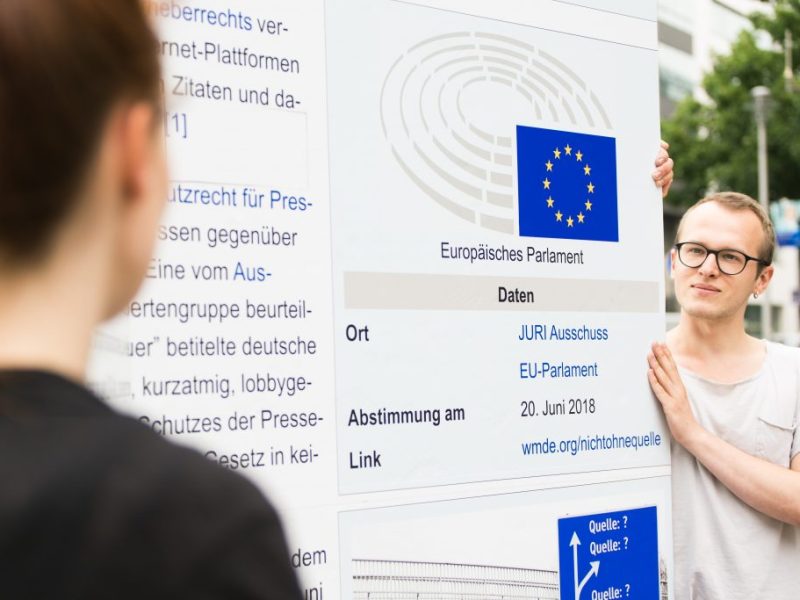
European Parliament votes against EU copyright proposal that would threaten the open web
We applaud the results of this vote by the European Parliament as it now provides an opportunity for open discussion to create a balanced, modern copyright system for Europe.
- 1
- 2